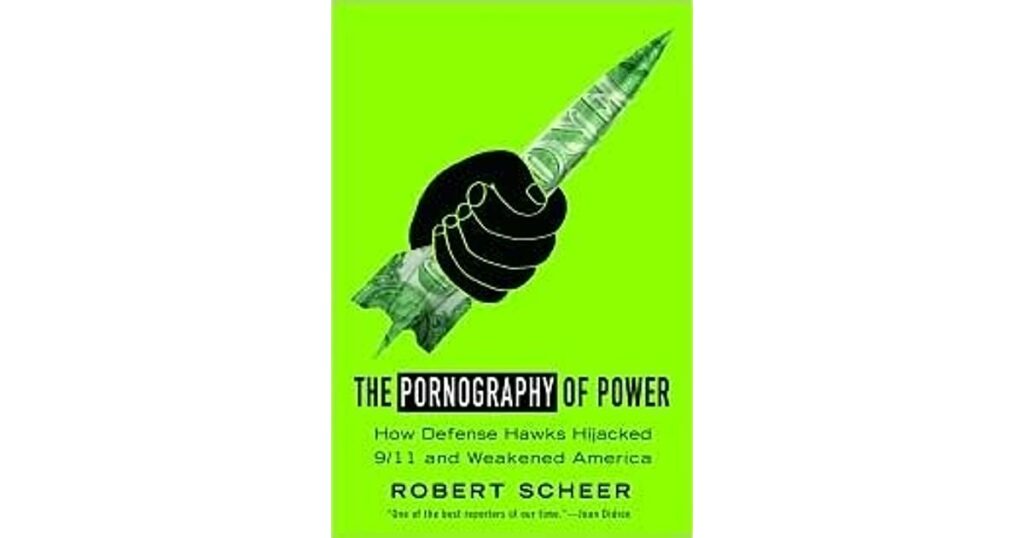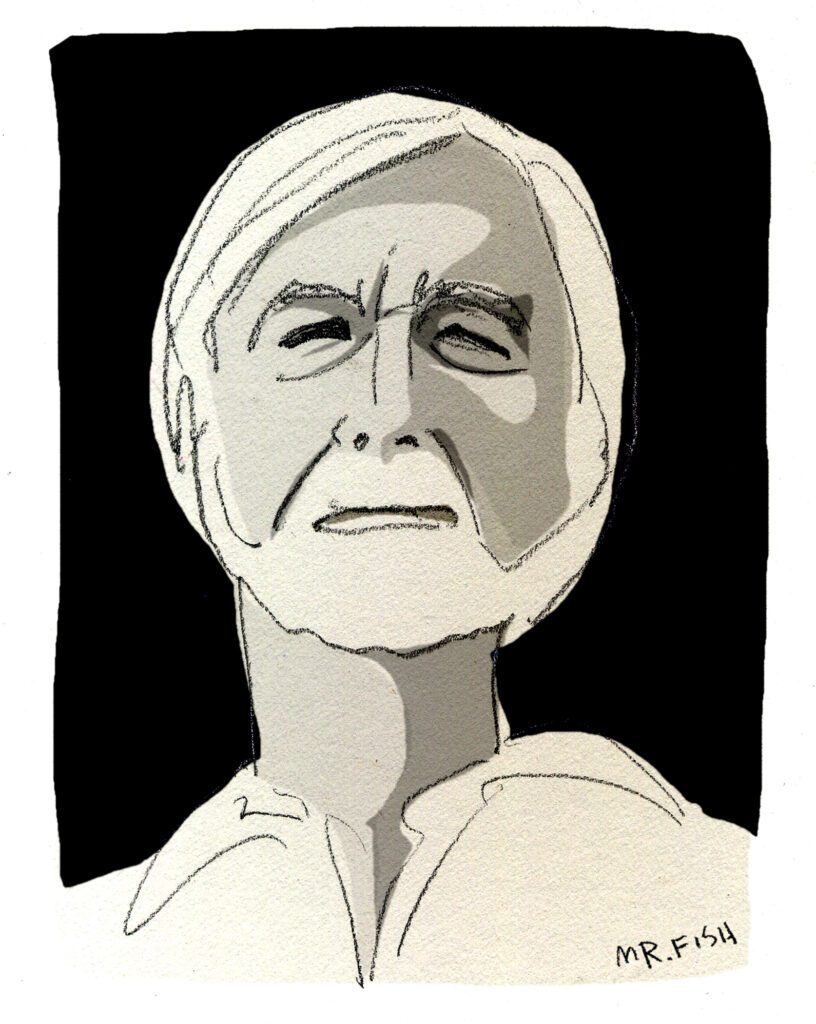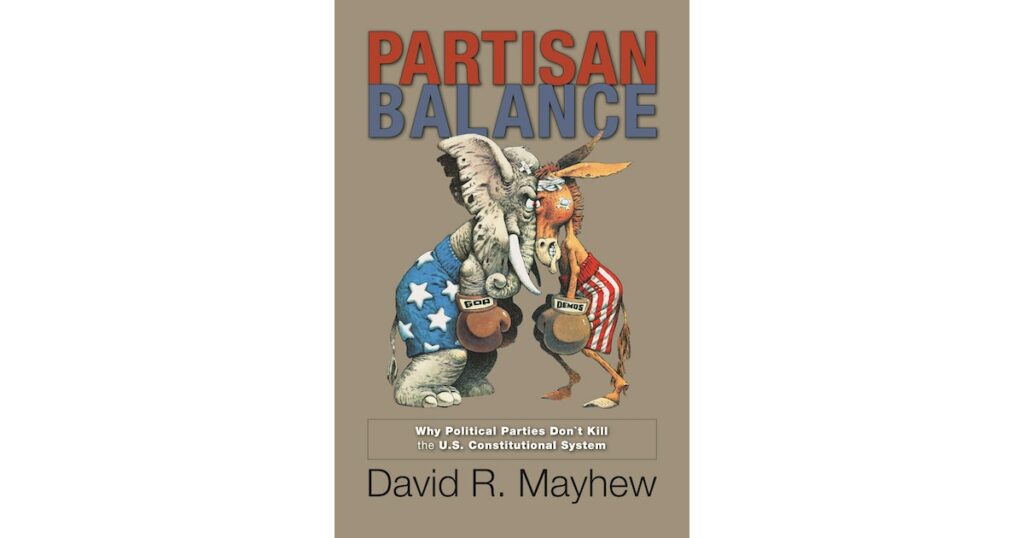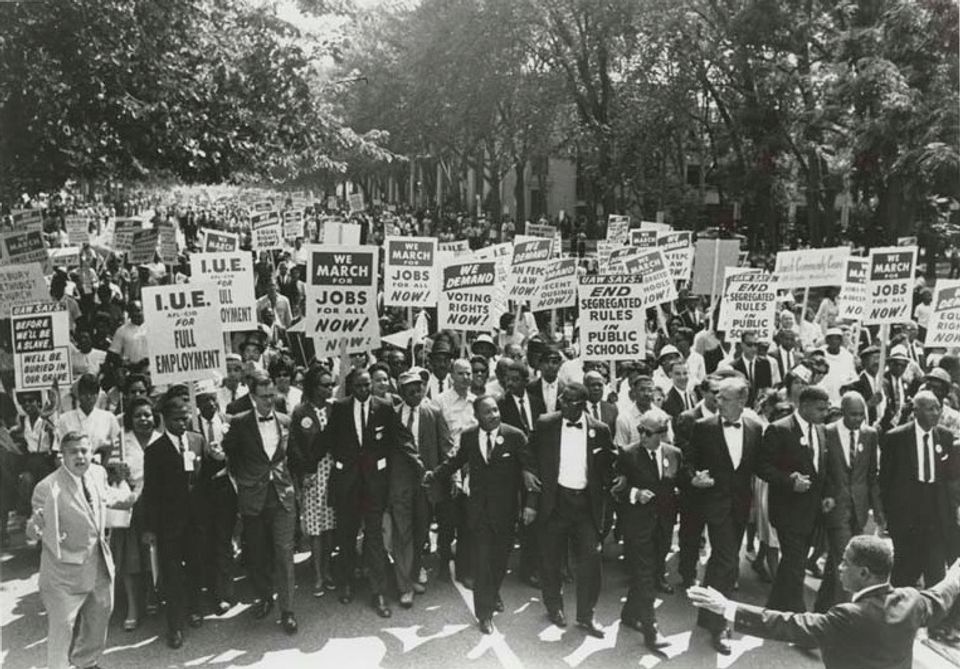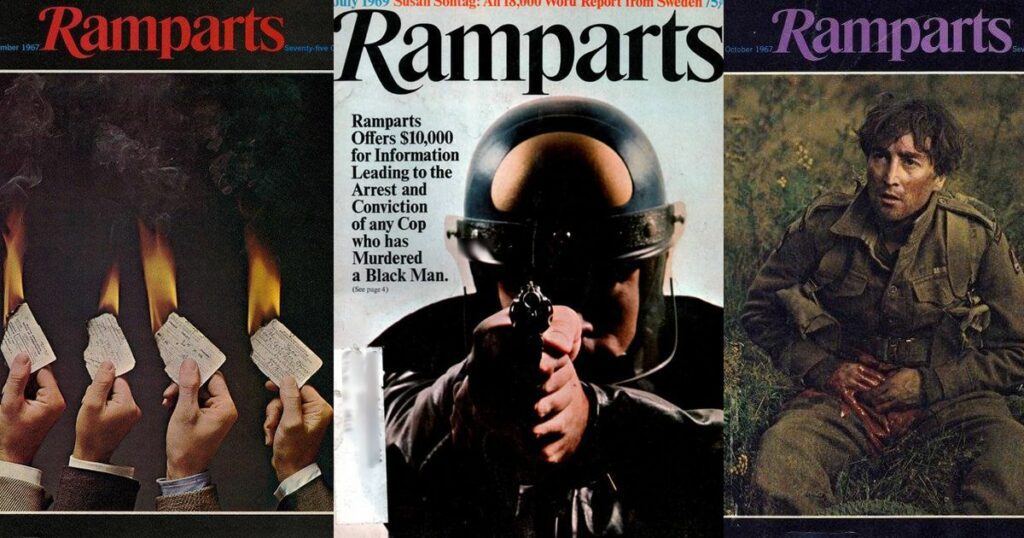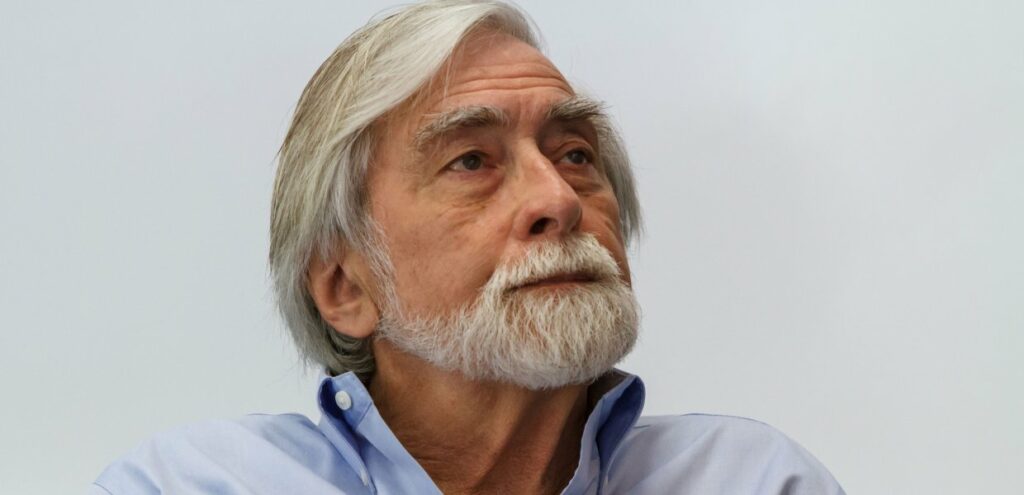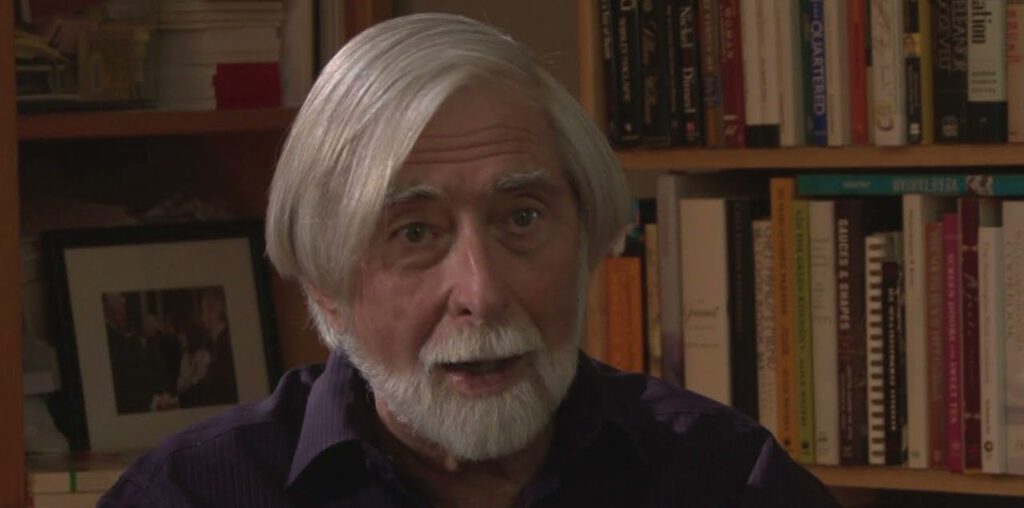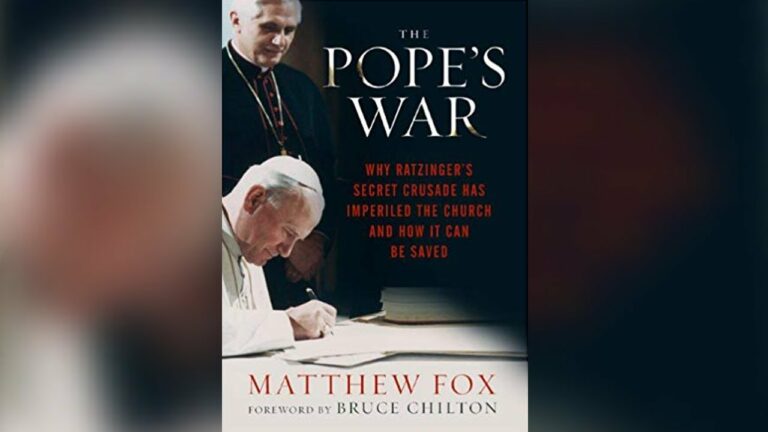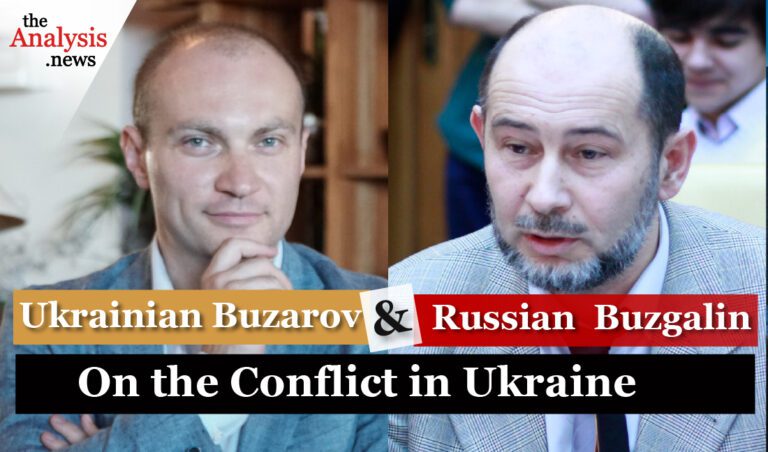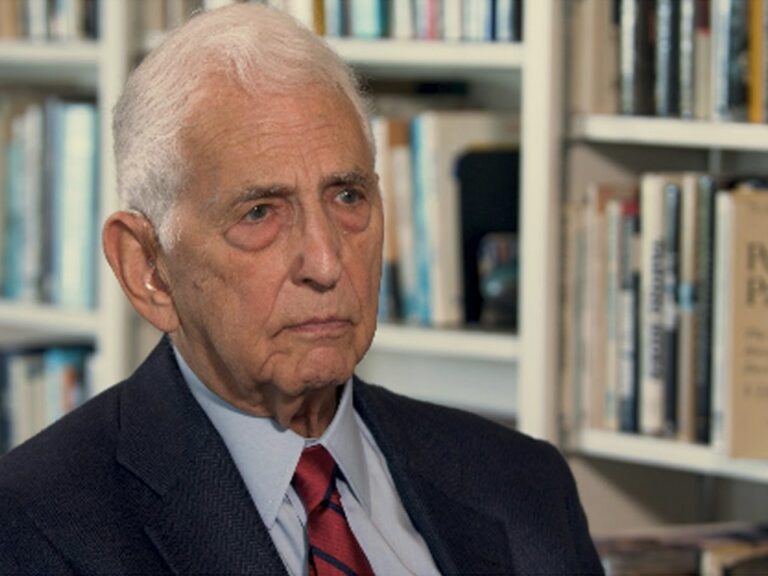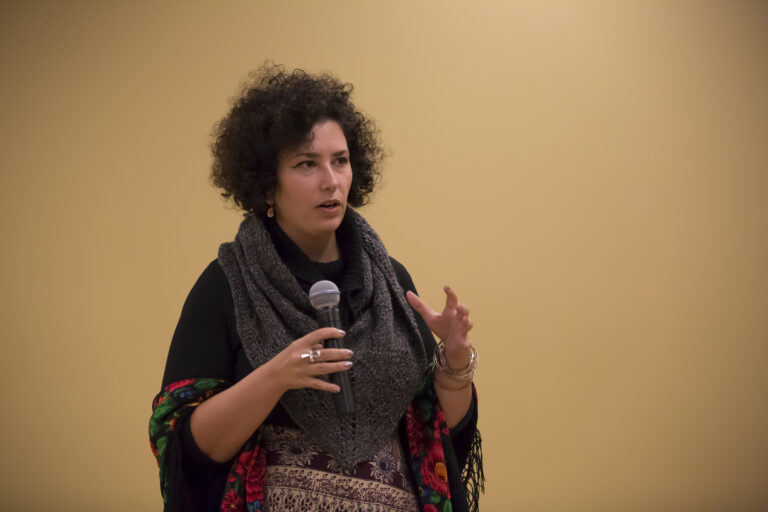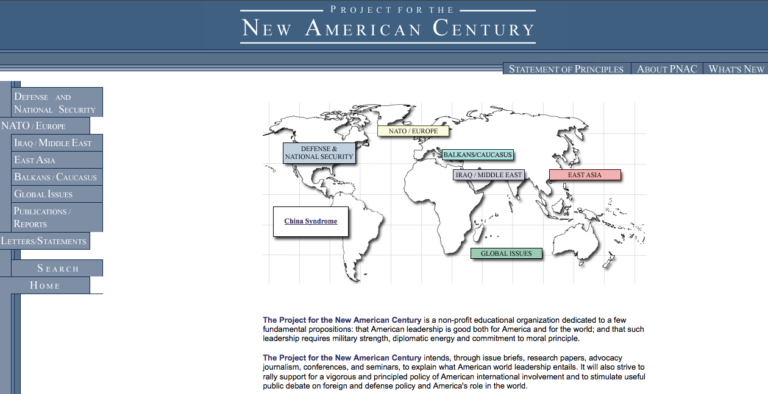This is an episode of Reality Asserts Itself, produced on July 1, 2015.
On Reality Asserts Itself, Mr. Scheer and Paul Jay discuss Scheer’s book The Pornography of Power: How Defense Hawks Hijacked 9/11 and Weakened America
PAUL JAY, SENIOR EDITOR, TRNN: Welcome back to Reality Asserts Itself on The Real News network. I’m Paul Jay. And we’re continuing our series of interviews with Robert Scheer. Thanks for joining us again. So just one more time, Bob is editor-in-chief of the multi Webby Award winning online magazine Truthdig. And Bob’s whole biography is down below the video player here. Nine/eleven was a critical moment in American history, obviously. It prepared the conditions for something that many people in the elites and in the military circles had been complaining about, which is it’s going to be very difficult to get over what they called the Vietnam syndrome. How do we get America ready to go back to war again? And the attacks on 9/11 got people in the mood. You wrote a book called The Pornography of Power: How Defense Hawks Hijacked 9/11 and Weakened America. How did they do that?
PROF. ROBERT SCHEER, JOURNALIST AND AUTHOR: Well, it was absolutely the moment of truth for our society. We had an enemy. We can argue about did we have to have that enemy in the Soviet Union and China the way we described it. But nonetheless, it was, you know, once the Cold War got going, you had an enemy with a military and the ability to destroy you, and we had the ability to destroy them with nuclear weapons and so forth. It had a certain dynamic. People had adjusted to that dynamic. They figured out limits to it, arms control agreements and so forth. And then I think it was quite a shock to just about everybody that the thing collapsed. And it collapsed in one way because of the failure of the economy, the Soviets’. But it also collapsed because a leader came along in the Soviet Union. He wasn’t the first. I think before Gorbachev there was Andropov, there were others, who came to realize the thing was not working and that certainly the military posture that they could maintain, up to a degree, was not going to produce a better life for anybody, and that ultimately they were betraying their own people and they had–normalcy had to come in, and that, amazingly enough, Gorbachev took that message to Ronald Reagan, and amazingly enough, Ronald Reagan was a guy who believed in normalcy, ultimately, and [incompr.] oh, okay, okay, if the game is over, let’s go with it. And that’s how I read that. I’ve interviewed Reagan about this. I’ve interviewed Gorbachev about this. I’m not giving you this as sort of barroom conversation. I think it can be supported by a massive amount of evidence. And I think the first President Bush was cognizant of this and agreed with it and continued in this idea. And he came in wanting to cut the military, our military, by one-third. And he was treated with great suspicion by the military-industrial complex, but nonetheless was pushing. But I think the main reason he was a one-term president is maybe he tried to do too much too quickly and was done in. But what happened was we were kind of moving in that direction through Bill Clinton, more or less. And then we were ready for a change, I guess. There was a fatigue with Clinton, with the Democrats. Some could argue whether it was a real election. You know, my wife keeps pointing out to me that Al Gore actually won. But one way or another, here came George W. Bush, and that a very–I remember George W. Bush as a more sort of younger guy, as part of his father’s campaign. When I would interview his father, he kind of was around, but not very impressive. But nonetheless, he came in with pretty much the old crew. And I think they were committed to carrying out the vision of his father, which was Reagan’s and so forth, and which is pretty much a new world order. And you can say it involved extension of American influence in certain ways, and you can say the neoconservatives were in the ascendancy. But I would disagree with that, because there was a countervailing force of the old Jim Baker people and from the first President Bush who wanted to hold the neocons at bay and continue with the policy of developing a new world order, which basically meant trade and a nonmilitarized world is my view. And I think if you look at the first months of George W. Bush’s administration–and I’ve alluded to that before in our discussion–I think there was a commitment to continuing that policy–scale back the military, live more within our means, and focus on the domestic issues which we have been neglecting, you know, issues of the school system, infrastructure, and so forth, job creation, whatever.
JAY: George Bush.
SCHEER: The first months. I think that was–. But it was a battle. There was definitely different forces. In any administration there are hawks and realists and there are, you know, people who want to change the policy in one direction or another. What happened was 9/11. And you can argue about how it was interpreted and what it meant, but it certainly traumatized the nation and certainly gave the super hawks an opportunity to–what I argue in my book they did, which is hijack the meaning of 9/11, and which–after all, the people that were your enemy on 9/11 were first of all in part monsters of your own creation. They are people you had recruited. They were–15 of the 19 hijackers came from your buddies in Saudi Arabia that you had cozied up to. They were people who came–the whole thing was planned in Afghanistan, a country that you had presumably saved from Soviet communism, right, then you had intervened. And so you would think it would be a time for soul-searching. Well, wait a minute, who are these people? Where did they come from? What is our friendship with them? How did they get into our country? They have legal passports. They’re coming from, most of them, from an ally of ours. But there was no such soul-searching. Instead, there was this really bizarre bait-and-switch of let’s go to war with a country that had nothing to do with 9/11. And that [crosstalk]
JAY: But they had laid this whole plan out prior to being elected.
SCHEER: Exactly. The forces of irrationality, the Project for the New American Century and all that, seized this moment. The other forces capitulated, the more rational, reasonable people around Bush, who exist to this day, you know, and who are critical. Colin Powell would be in that camp. And I believe you interviewed his assistant, didn’t you.
JAY: Yeah, Larry Wilkerson, many times.
SCHEER: Yeah. And so that’s also part of the administration and part of the Republican Party. And George W. Bush decided and some of the people closest to him–obviously Dick Cheney and Rumsfeld–to go along with the lunatic fringe, the neoconservative who were hungering for a new Cold War, wanted a new Cold War. And that’s, after all, what my new book was about. They hijacked it. It was an irrational response to what had happened, because you certainly didn’t need to revive all the Cold War armaments, as I point out in the book, to go fight guys in the desert. You don’t need aircraft carriers.
JAY: There’s quite a bit of evidence–and we’ve gone into this on The Real News quite a bit–that there was some–quite a few decisions made deliberately to stop intelligence gathering that might have led to preventing 9/11. I interviewed Senator Bob Graham, who conducted the joint congressional investigation into 9/11, and I asked him, did he think there was a deliberate culture created by the White House to the intelligence agencies of not wanting to know. And his answer was, if all the football players on a field are running in the same direction, there’s got to be a coach. What do you think of that, that–I’m not suggesting that there is evidence–one can speculate–I’m not suggesting there’s evidence that the White House somehow planned 9/11, but there is evidence that intelligence was suppressed, that the agent Richard Clarke is demoted. The FBI is told terrorism is not your main priority; you should focus on white-collar crime. And this is after George Tenet tells President Bush that the number-one national security threat is al-Qaeda and bin Laden.
SCHEER: Yeah. And there’s also the matter of actually giving some support to the Taliban over drug trafficking control.
JAY: And suppression of the role of the Saudis, you know, the 28 pages that are redacted from that congressional document.
SCHEER: I think this is a chapter in American history that demands exploration. I think that we have been–. You know, where do conspiracy theories come from? Generally they come from because people who have the key information are not sharing it with us. Sometimes those conspiracy theories are much wilder than what happened, much more extreme. Sometimes they underestimate what happened. Okay. I would say that the–and here you get to the whole use of classification and what do we know–that when it comes to discussing not only this chapter but just about any chapter in the evolution of foreign policy, most of us are in the dark. That doesn’t mean you can then endorse this theory or that theory. One thing we can know for sure is that the explanation that has been offered to us should be assumed to be bogus. Okay? That doesn’t mean you have the alternative explanation. But I would say the one that I lean to is that there certainly was, beginning with the flirtation with Muslim fanatics, recruiting them, bringing them to Afghanistan, there was a serious underestimation of what that meant, that these people were for real, that they would have agendas, that they would act on those agendas. And some people–we’ve talked about Zbigniew Brzezinski at one point–but some people–and he is part of that sort of way of thinking of the Project for the New American Century. He may have been a Democrat, but he was really an ultra-hawk preoccupied with these communists. And I think that there has been a factor in, a force in our government that welcomed threats, welcomed threats, and that then is very quick to do threat inflation. After all, we are at the mercy of people who benefit from waging war, or at least preparing war, to do most of the evaluation about the enemy. Right? We get this from people who are in the military-industrial complex. That’s what that whole book The Pornography of Power–as you were talking about, the reason they could hijack it is because you have a revolving door between them and the Defense Department, and the very people who are going to benefit from these contracts, are trying to sell these military contracts and so forth, are on both sides of the revolving door. And so they have a stake in inflating a view of the enemy. No question about it. But the enemy shifts. Is it the revival? It’s interesting. Before 9/11, they were trying to build up the idea China was going to be a big military enemy, right?
JAY: Right.
SCHEER: That–yeah.
JAY: After I did this interview with Bob Graham, we went down to his office in Florida–he’s retired now–what he said, I thought, was news. Whether you agree with it, don’t agree with it, even if you think it’s nutty, Bob Graham, when asked was there a deliberate culture of not wanting to know–and this is in the context of an interview where we talk about different examples of the suppression of evidence, the various intelligence agencies being told not to follow up anywhere, from Coleen Rowley’s thing in Minneapolis that can’t get a warrant for the computer of this guy that wants to learn how to take off and not land–but there’s many examples like that. Graham himself says that the immigration regulations were relaxed for Saudis entering the country. Several of the people on the planes under a normal regulatory environment never would have been given visas. It goes on and on. But I would think that’s news, that somebody at his level, who even after he retires as senator is appointed by Leon Panetta to become an adviser to the external advisory board of the CIA, he says that when all the players in a football field, meaning all the intelligence agencies, all start standing down and not pursuing intelligence that might have prevented 9/11, there’s got to be a coach. And I’ve just asked him about Dick Cheney. He came as close to saying that it was Cheney as he possibly could without saying the words Cheney. It was obvious that’s what he meant. So I get back. We send a press release and notice out to every news organization in the United States of any kind of size, mainstream news, primarily. And I even phone an editor from one of the news chains who I know personally. I said, this is a real guy, Graham, right? Oh, yeah. Very serious. He’s an insider. Yes. Total credible. Yes. Not a single news organization even phoned back to find out what the heck had he said and might want to pursue it. Why does the media seem, mainstream media seem so terrified to pursue all this?
SCHEER: Well, there’s number of reasons. One is they have always been terrified of national security questions if they think they’re out of joint with the conventional wisdom, if they will have their own patriotism challenged. It’s not something new, whether it’s the Gulf of Tonkin attack that never happened or–you can go right down the list, so how the Bay of Pigs was covered. I mean, the mass media never played the role of due diligence. Never. And go back to the Second World War. You have to throw in another factor, that the conventional news organizations were in a weakened economic position by this point. They’re worried if they go out on a limb, whether it was opposing the Iraq War–by opposing I mean showing the contradictions–they might never get their readers or viewers back, that they no longer have the authority of a monopoly market or you can print money and, okay, we’ll be Walter Cronkite, and quite late in the Vietnam War, but we’ll still challenge it. CBS will not go out of business. Okay. Now you had a feeling if The New York Times challenges the move to the Iraq War too aggressively, you could maybe lose your business. And you don’t have that. And they have it to this day. Okay. Secondly, the hysteria that was stoked around 9/11 was clearly designed to justify invasion, you know, certainly of Afghanistan, but most irrationally of Iraq. You know, conventional military invasion. It was clearly geared up [incompr.] Now, that could have been stopped. This goes to your question of too good to check. Okay. We have quite quickly captured or got people. If you had trials, if you actually had [incompr.] exploration, right, you might find a very different narrative. You know. If you bring somebody like Khalid Sheikh Mohammed to trial, you might actually learn what motivated him. The [incompr.] waterboarded. You know. I mean, you know, before you drive these people absolutely mad, crazy, one of the reasons you believe in trials, public trials, even of the Nuremberg–of the Nazis, is to find out who are they. Right? How does a guy go from a religious institution in North Carolina, where he doesn’t seem to have any particular hostility to America or Christianity end up being the mastermind of 9/11? What signals did he get? What governments are involved? Where is the funding? Was there funding from Saudi Arabia? What was the role of the CIA? I mean, there are a lot of questions. Okay. Something very strange happens in the 9/11 Commission report. The main thing you want, the reason you want to have investigation, fought, public trials, disclosure is you go against conspiracy theories information presumably trumps. Okay?
JAY: Unless of course there is a conspiracy.
SCHEER: No. But I mean–.
JAY: In which case you don’t want trials.
SCHEER: It doesn’t mean there aren’t darker meetings. By conspiracy I mean fabrication. Clearly these are complex events. Who are these people? Why did they do what they did? Okay. So you go to the 9/11 Commission report, which, after all, was a bipartisan report authorized by the Congress and the president, and they do make an effort there to try to explain what is this all about, and even to what degree did we have to do with it. What was its relation to Afghan history and the role of the U.S.? But the most important part is they say the narrative of why 9/11 happened–after all, it is the key question, right? This thing affected the life of our nation. It’s why we have a Patriot Act, it’s why we have surveillance, it’s why a lot of people were tortured, arrested, and so forth, right, is to prevent future 9/11s from happening. And so, in a democratic republic, what we’re supposed to be, you want information. The public has to know what’s going on. Who are these people? When you read the 9/11 Commission report, it tells you, well, these people weren’t particularly anti-U.S. Actually the Hamburg group, the four [incompr.] they wanted to go fight in Chechnya against the Russians. They wanted to do jihad. They [incompr.] not clear that they had a particular animus to the United States, or as George Bush had said, they hate us for what we are or something. There was no indication–Khalid Sheikh Mohammed, the mastermind of it, is described in the report as somebody who wasn’t particularly agitated when he was going to college in North Carolina, wasn’t particularly fanatical religious-wise. So where did this all come from? You know? Who were the 15 Saudis who were the muscle people? And what kind of life did they have in Saudi Arabia? What motivated them? Did they have any connection with the Saudi government? Were they known to the Saudi government? Who financed them? Why did they all have legal papers? You know? And then, who were the masterminds in Afghanistan itself and so forth? So what is interesting is you would think that one of the great things about our system of government, an open trial, is we’d learn who these people are. They’d be cross examined. The case would be made. That’s never happened.
JAY: Well, you’ve got to think the reason it never happened is ’cause there’s something to hide.
SCHEER: Yes, that’s my suggestion. And so, when you’re reading the 9/11 Commission report, they say very clearly the basic narrative of how and why of 9/11 was supplied to us by the government, by our government, and that we had made inquiries of the key witnesses, which, after all, these people who were arrested, right, who–but we were never able–we, the commission, we were allowed to put questions to them through intermediaries, presumably the people who did torture and were coercing them in every which way. You know. But we were never allowed to meet with them. We requested to be able to meet with them. We were never allowed. Nor were we allowed to talk to the people who interrogated them. So this is two steps removed.
JAY: And you can add to that the number of potential witness members of the bin Laden family and other prominent Saudis that were flown out of the country the very next day.
SCHEER: Right. But here is the absolutely critical thing. You have a bipartisan commission that is supposed to investigate the origins of 9/11. Why did this thing happen? Who are these people? What motivated them? Right? And therefore that will inform what you do about it to prevent future attacks. There is a disclaimer in the book, and in that disclaimer it says very clearly, we requested–we wanted to meet with the key witnesses, and we were denied that opportunity and were denied the opportunity to people who interrogated them. And so it seems to me there was no 9/11 Commission inquiry, because–.
JAY: Well, and even what there was, we know that the Bush administration allowed, kicking and screaming, was only on the insistence of the families, 9/11 families, that even that took place.
SCHEER: Yeah. But when you think about it, we subsequently learned these people had been tortured–you know, Khalid Sheikh Mohammed had been waterboarded, what, 170 or 180 times. So what was the value of their testimony? And so going to your point, was there something to hide, you know, what is it that these people might have said that we weren’t allowed to hear? To my mind that’s the most egregious part of the whole way this was handled.
JAY: So whatever one believes happened or didn’t happen, there’s a need for a real inquiry.
SCHEER: Yeah. But also, I mean, the question is, how did the U.S. become a target? If many of these people went to Afghanistan because the U.S. asked them to or encouraged them to, right–that was the original freedom fighters. Ronald Reagan celebrated these Afghan freedom fighters that included many people coming from Saudi Arabia and elsewhere, celebrated them, gave them sophisticated weaponry and so forth. How did these people turn against us? Was it Israel policy? Or was it opposition to the Saudi government? So we don’t have the basic information to explain where did this terrorism come from. Therefore, how do you prevent it from popping up elsewhere? What fuels it?
JAY: Well, there seems to be–in terms of an inquiry, the Bush administration didn’t want any kind of inquiry. Key witnesses were allowed to leave the country. The 9/11 inquiry, as you say, has an addendum there saying we didn’t get to directly–many witnesses we wanted to interrogate we couldn’t. You have Bob Graham’s commission, 28 pages that point directly to the Saudis–according to him, the Saudi government, are redacted. And there’s been a lot of effort made to make sure that we actually don’t know what happened.
SCHEER: Right. So we were sold a bill of goods.
JAY: Yeah.
SCHEER: We were told what the administration and the people doing the interrogation, the commission couldn’t even talk to the interrogators. So they only have this third–in other words, this stuff was passed up the chain of command, and then someone like Dick Cheney tells us what they are supposed to have said.
JAY: Go back to the media again. The mainstream media has more or less just accepted the conclusions of 9/11 Commission. Almost no critique. And everyone moves on. Like, okay, that’s that story, even though it’s riddled with holes.
SCHEER: It’s appalling that they did not deal with the disclaimer. I mean, that would just be solid reporting. You know, here’s the commission says this whole narrative was basically handed to us by the U.S. government. Then why do you need a commission? If at the end of the day they’re going to take the handout from the government, you’re not going to raise any tough questions about what they did, didn’t do, what they knew. It’s astounding. And given the importance of this event to what happened to the quality of our life, to our freedom, and so forth, it’s incredibly irresponsible. You know? Here is an example where the wisdom of our founders in protecting our individual freedom is warranted. We have the right to free speech, free assembly. We should be able to ask what happened on 9/11. Who were they protecting?
JAY: Alright. We’ll have one more segment with Bob on Reality Asserts Itself on The Real News Network.
Never miss another story
Subscribe to theAnalysis.news – Newsletter
“Robert Scheer is an American left-wing journalist who has written for Ramparts, the Los Angeles Times, Playboy, Hustler Magazine, Truthdig, Scheerpost, and other publications, as well as having written many books.


